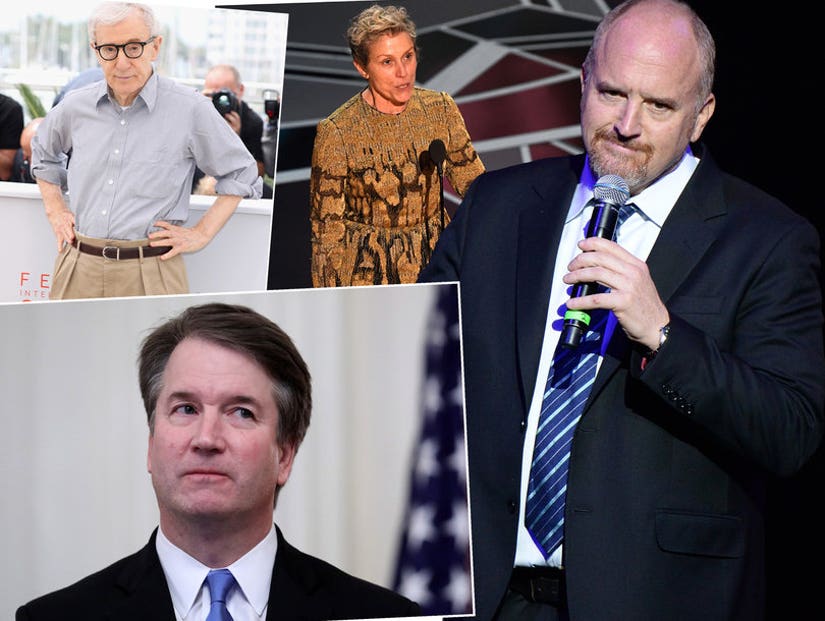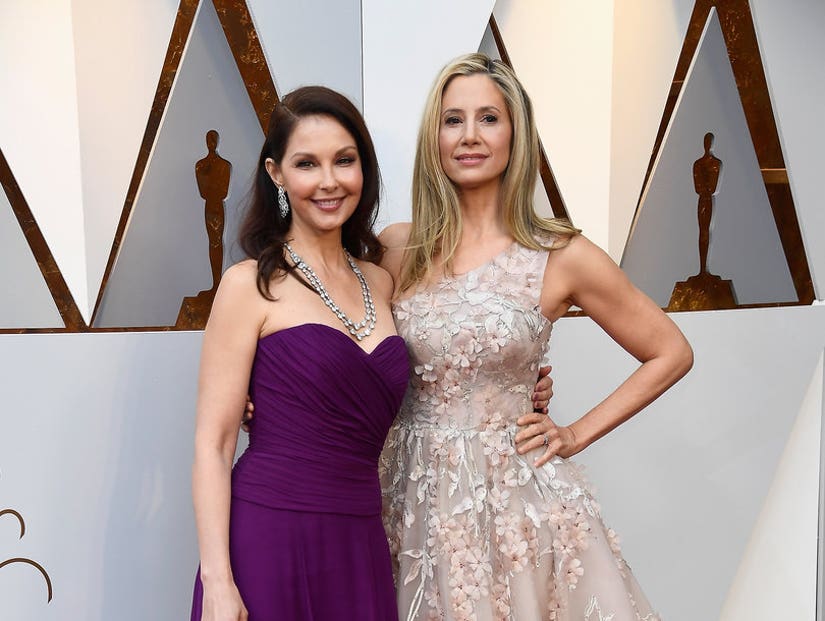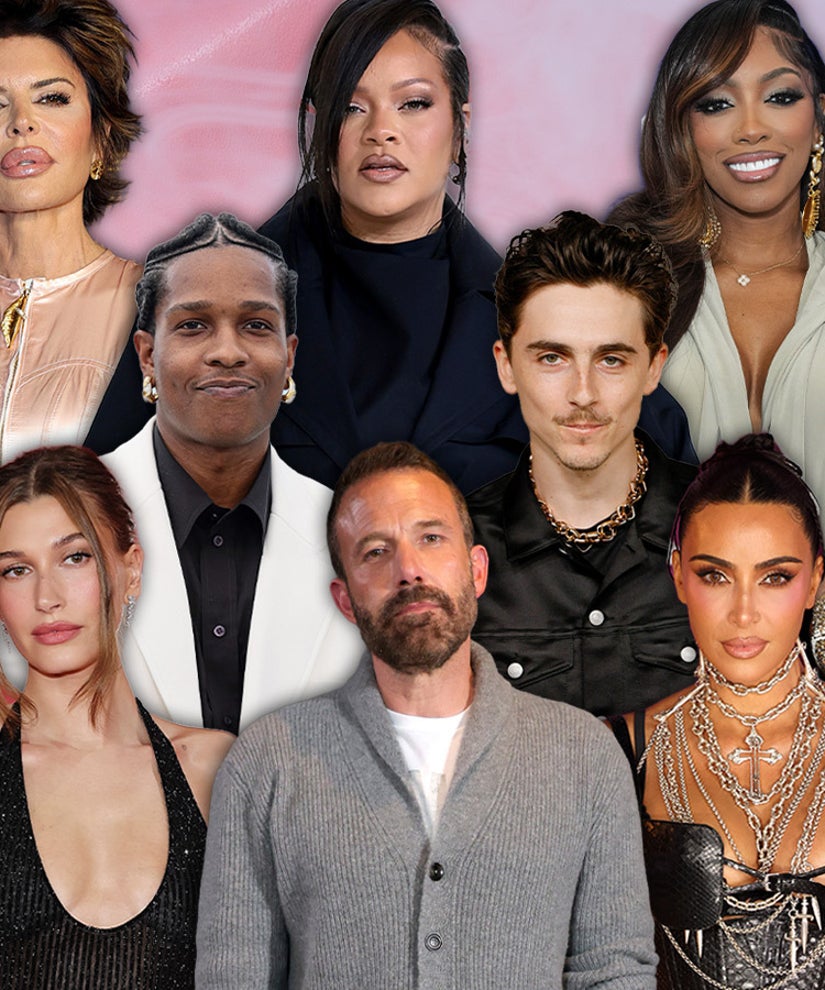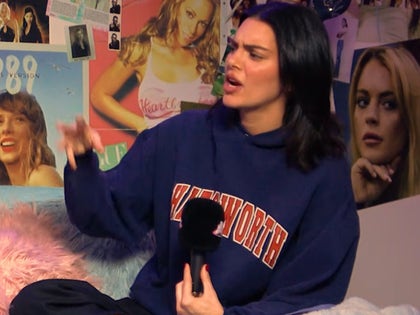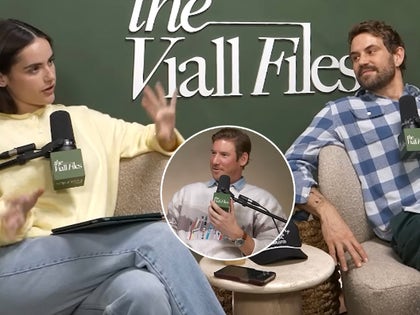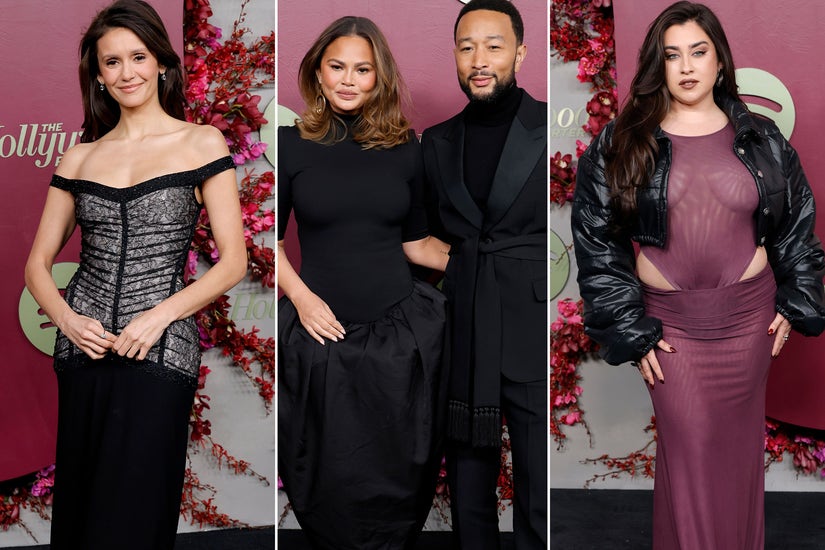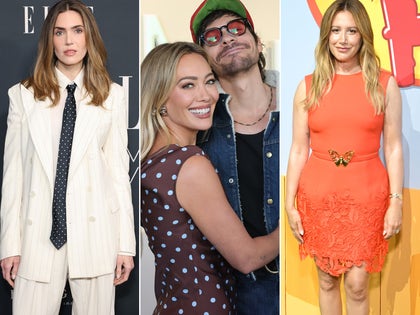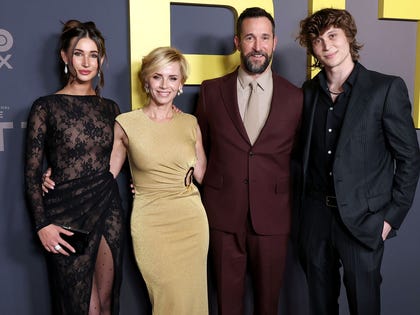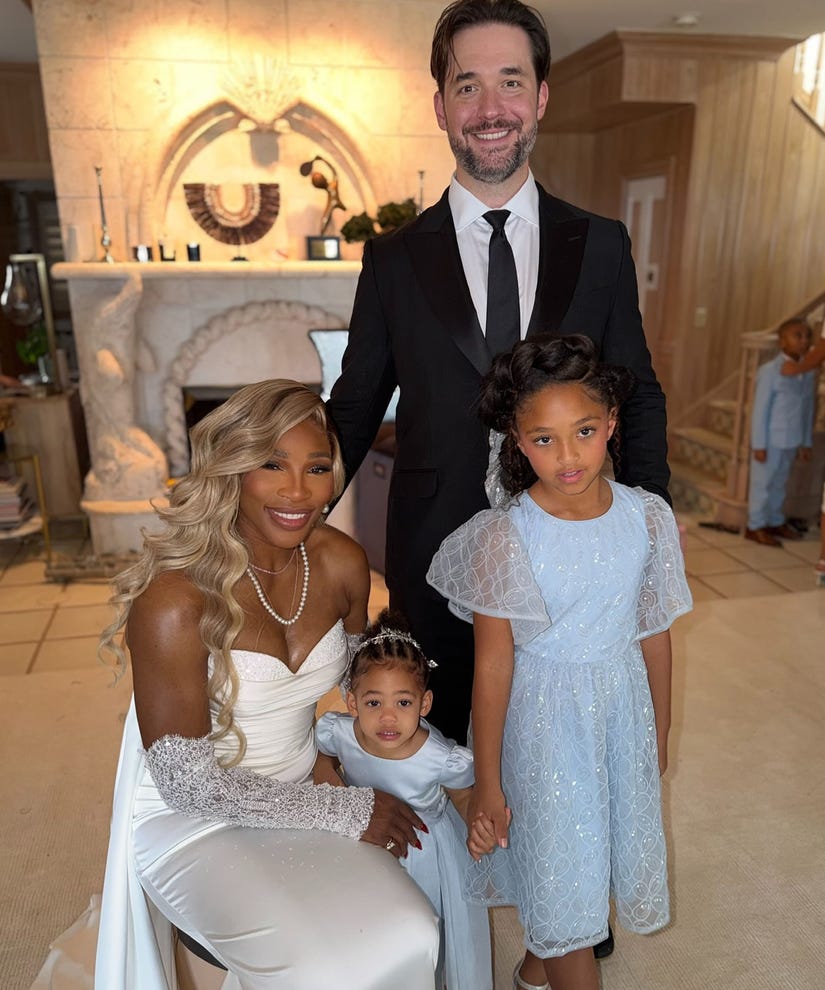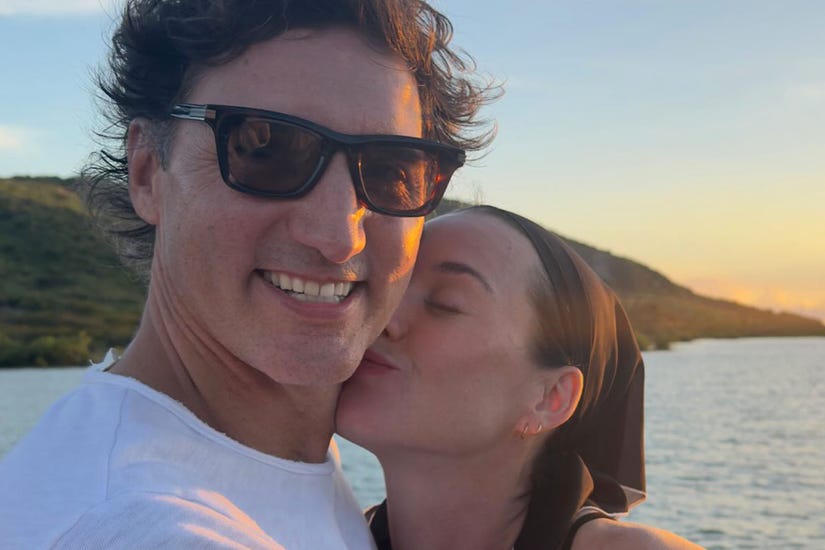A lot has changed since two powerful words historically disrupted Hollywood in the fall of 2017.
It's never been an easy gig, but for half a century, hosting the Oscars was the most prestigious and highly coveted job in show business. But this year, there are Amazon fulfillment center jobs that are easier to fill; no one wants the spotlight and, inevitably, the scrutiny that comes with it.
So, what changed? In short: everything. Ever since the Harvey Weinstein scandal thrust the #MeToo movement into the national spotlight and discourse Hollywood has been going through an upheaval.
 NBC
NBC
Miley Cyrus Updates the Lyrics to 'Santa Baby' for the #MeToo Era
View StoryWhile most of the biggest celebrities to be exposed as alleged (and admitted) abusers were named late last year (though plenty others, such as CBS' Les Moonves, had their reckoning with allegations this year), we're now just realizing the consequences. This isn't the first Oscars since the #MeToo movement shook the foundations of Hollywood and society, but it will be the first since we've settled into this new, vastly different landscape.
Jokes are received differently, tweets and casting announcements are judged by a court of woke popular opinion, and business decisions now have far more considerations than ever. And it's not just in Hollywood. Donald Trump's election closed the loop between Hollywood and national politics, inextricably linking the two. The reality TV president so offended women through his campaign that they responded en masse on the day of his inauguration, and the anger was further inflamed when the stories began to emerge about Weinstein and the rest of the showbiz offenders in October 2017.
A number of politicians also got exposed in the months that followed, and on both coasts, women have begun to rise up in new and unprecedented ways to seize the power they'd so long been denied in Hollywood and society. So have LGBTQ and people of color, whose voices are finally being amplified now that people have been forced to pay attention to them.
The #MeToo movement dominated the awards conversation and the industry's biggest nights. Times Up, the organization formed by a number of A-list actresses and producers, had people wear black at the Golden Globes and then changed the conversation at the Oscars red carpet from fashion to empowerment. A few weeks later, Ava Duvernay's female-dominated "A Wrinkle in Time" became a symbol of a new era in women-led filmmaking; male critics largely dismissed the movie, but it became a rallying point for female film fans and geeks everywhere.
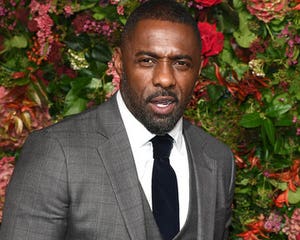 Getty
Getty
Idris Elba's Exemplary Response To #MeToo Question
View StoryUnions and producers began issuing guidelines to prevent sexual harassment on set, while Frances McDormand's inspired Oscars acceptance speech introduced the concept of inclusion riders, which would contractually require a diverse cast and crew; a number of prominent actors and producers later announced that they would be including them in their own productions. Women began demanding equal pay, and every time a negotiation broke out in public, it made headlines for weeks, from Michelle Williams' disparity on "All the Money in the World" to Jessica Chastain's fight on behalf of Octavia Spencer.
In the past, an ignorant or clearly biased comment from a man would get eye rolls and angry blog posts, but that's about it. Now, when Jason Blum says he can't find a woman to direct a horror movie, the blowback is swift, and lo and behold, he hires a woman (Sophia Takal) to direct his next installment of his Hulu movie series "Into the Dark."
Men in Hollywood continued to either get implicated or feel the effects of boycotts. Woody Allen just had an alleged former flame make claims about his behavior that most anyone would consider at least unsavory amid continual fallout over the longstanding allegations made by Dylan Farrow. The stars of many of his past movies, from Michael Caine to Timothee Chalamet, apologized for working with Allen, and his next movie is still without a distributor.
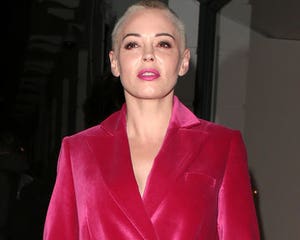 Getty
Getty
How Rose McGowan Has 'Seen Change' One Year Into #MeToo Movement
View StoryAziz Ansari, the subject of a controversial tell-all by a woman who claimed a date with him turned into the worst night of her life, devoted his latest stand-up special and tour to dealing with the topic. Louis CK's attempts to return to standup have been greeted by jeers and disapproving headlines. More people ended up talking about Johnny Depp's inclusion in the new "Fantastic Beasts" movie than the film itself.
Back in Washington, the confirmation hearings of Supreme Court Justice Brett Kavanaugh gripped the nation, as a woman who accused him of sexual assault in college took the stand and became briefly the most famous (and harassed) woman in the nation. Her testimony -- and Kavanaugh's eventual confirmation -- fired up the record number of women who ran for office across the country, and as a result, there will be more women in Congress than ever.
The #MeToo movement matured at an unprecedented pace in 2018, a necessary evolution to match the severity of the moment. Soon, we'll see just how much the changes initiated this year continue to impact the shifting status quo.
Got a story or a tip for us? Email TooFab editors at tips@toofab.com.

